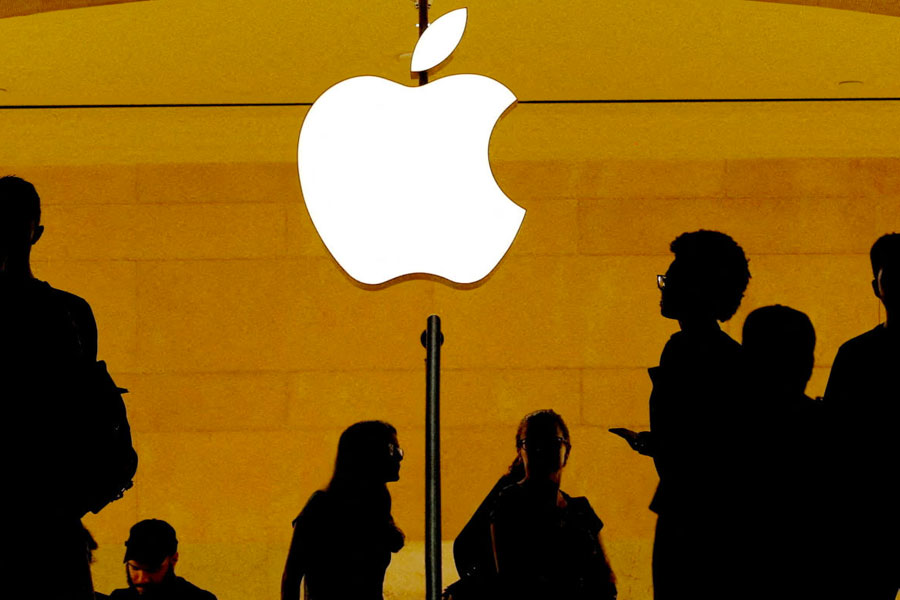A federal judge ruled on Wednesday that Apple must loosen its grip on its App Store and stop collecting a commission on some app sales, capping a five-year antitrust case brought by Epic Games that aimed to change the power that Apple wields over a large slice of the digital economy.
The judge, Yvonne Gonzalez Rogers of the US District Court for the Northern District of California, rebuked Apple for thwarting a previous ruling in the lawsuit and said the company needed to be stopped from further disobeying the court. She criticised Tim Cook, Apple’s chief executive, and accused other executives at the company of lying.
In her earlier ruling, Judge Gonzales Rogers ordered Apple to allow apps to provide users with external links to pay developers directly for services. The apps could then avoid the 30 per cent commission that Apple charges in its App Store and potentially charge less for services.
Instead, Judge Gonzalez Rogers said on Wednesday, Apple created a new system that forced apps with external sales to pay a 27 per cent commission to the company. Apple also created pop-up screens that discouraged customers from paying elsewhere, telling them that payments outside the App Store may not be secure.
“Apple sought to maintain a revenue stream worth billions in direct defiance of this court’s injunction,” Judge Gonzalez Rogers wrote.
In response, she said Apple could no longer take commissions from sales outside the App Store. She also restricted the company from writing rules that would prevent developers from creating buttons or links to pay outside the store and said it could not create messages to discourage users from making purchases. In addition, Judge Gonzalez Rogers asked the US attorney for the Northern District of California to investigate the company for criminal contempt.
The ruling — a major victory for Epic and a stinging defeat for Apple — has the potential to change the app economy by increasing the money that developers collect while reducing the fees that flow to Apple. That strikes at one of Apple’s major businesses, with its App Store long the most prominent destination for people to download mobile games, productivity tools and other programs.
“There’s going to be a lot of latitude for developers to get better deals and for consumers to get better deals,” said Tim Sweeney, Epic’s chief executive. “This is a wonderful, wonderful day for everybody.”
An Apple spokeswoman, Olivia Dalton, said in a statement: “We strongly disagree with the decision. We will comply with the court’s order, and we will appeal.”
Epic, the maker of the game Fortnite, brought the antitrust lawsuit against Apple in 2020. In the suit, Epic accused Apple of forcing app makers to use its payment system in exchange for access to the App Store, which is the only way to distribute apps on iPhones. The rules allowed Apple to collect as much as a 30 per cent commission on many transactions.
The App Store makes up a large portion of the nearly $100 billion in annual services revenue that Apple collects.
In a ruling two years later, Judge Gonzalez Rogers stopped short of declaring that Apple had a monopoly in the market of mobile games, as Epic had argued.
That meant Apple avoided the worst possible outcome of the case. But she found that the company had violated California laws against unfair competition by preventing developers from offering users alternative ways to pay for apps.
Last year, Epic complained to the court that Apple wasn’t complying with the ruling because it had created a new set of fees and rules for developers. The judge ordered Apple to provide the documents.
Apple’s documents showed that it tried to discourage alternative payments and keep as much of its traditional 30 per cent commission as possible.










